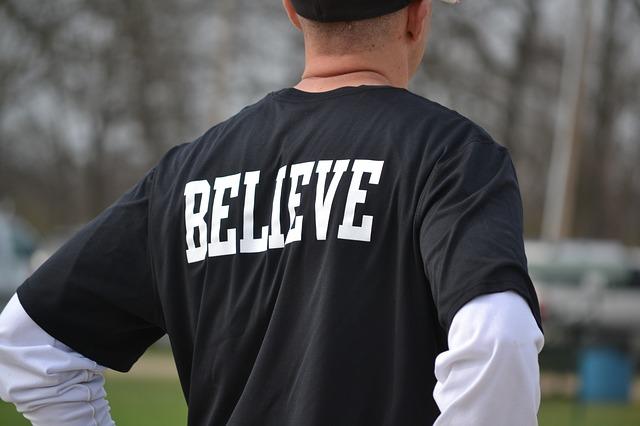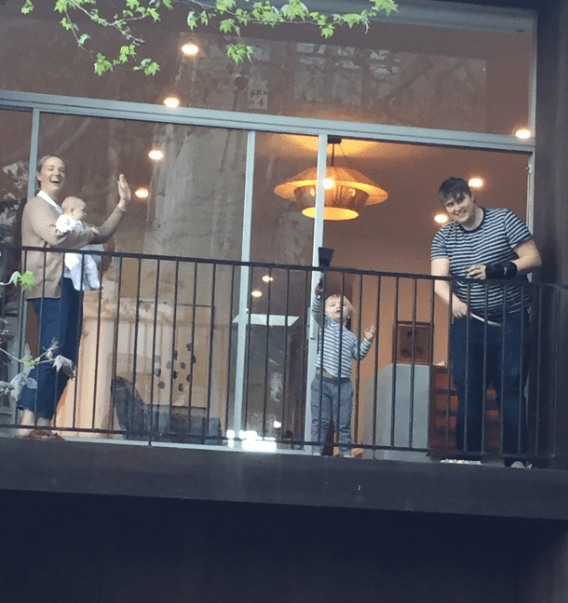When great trees fall,
rocks on distant hills shudder,
lions hunker down
in tall grasses,
and even elephants
lumber after safety.When great trees fall
in forests,
small things recoil into silence,
their senses
eroded beyond fear.When great souls die,
the air around us becomes
light, rare, sterile.
We breathe, briefly.
Our eyes, briefly,
see with
a hurtful clarity.
Our memory, suddenly sharpened,
examines,
gnaws on kind words
unsaid,
promised walks
never taken.Great souls die and
our reality, bound to
them, takes leave of us.
Our souls,
dependent upon their
nurture,
now shrink, wizened.
Our minds, formed
and informed by their
radiance, fall away.
We are not so much maddened
as reduced to the unutterable ignorance of
dark, cold
caves.And when great souls die,
after a period peace blooms,
slowly and always
irregularly. Spaces fill
with a kind of
soothing electric vibration.
Our senses, restored, never
to be the same, whisper to us.
They existed. They existed.
We can be. Be and be
better. For they existed.― Maya Angelou
Fervent. Fearless. Focused.
JUSTICE.
RBG.
“We can be. Be and be better.”
May her legacy live on.
My photo, Muir Woods ancient redwoods, California, July 2020

 Your organization won’t survive and thrive with only great fundraising technicians. You—and the entire social benefit sector—need organizational-development-grounded philanthropic facilitators. In fact, you need a team – maybe an entire village – filled with them!
Your organization won’t survive and thrive with only great fundraising technicians. You—and the entire social benefit sector—need organizational-development-grounded philanthropic facilitators. In fact, you need a team – maybe an entire village – filled with them!

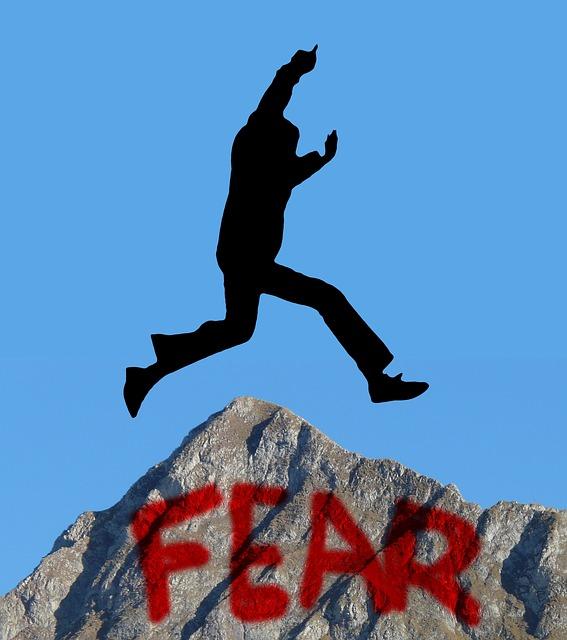
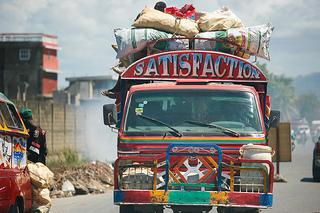

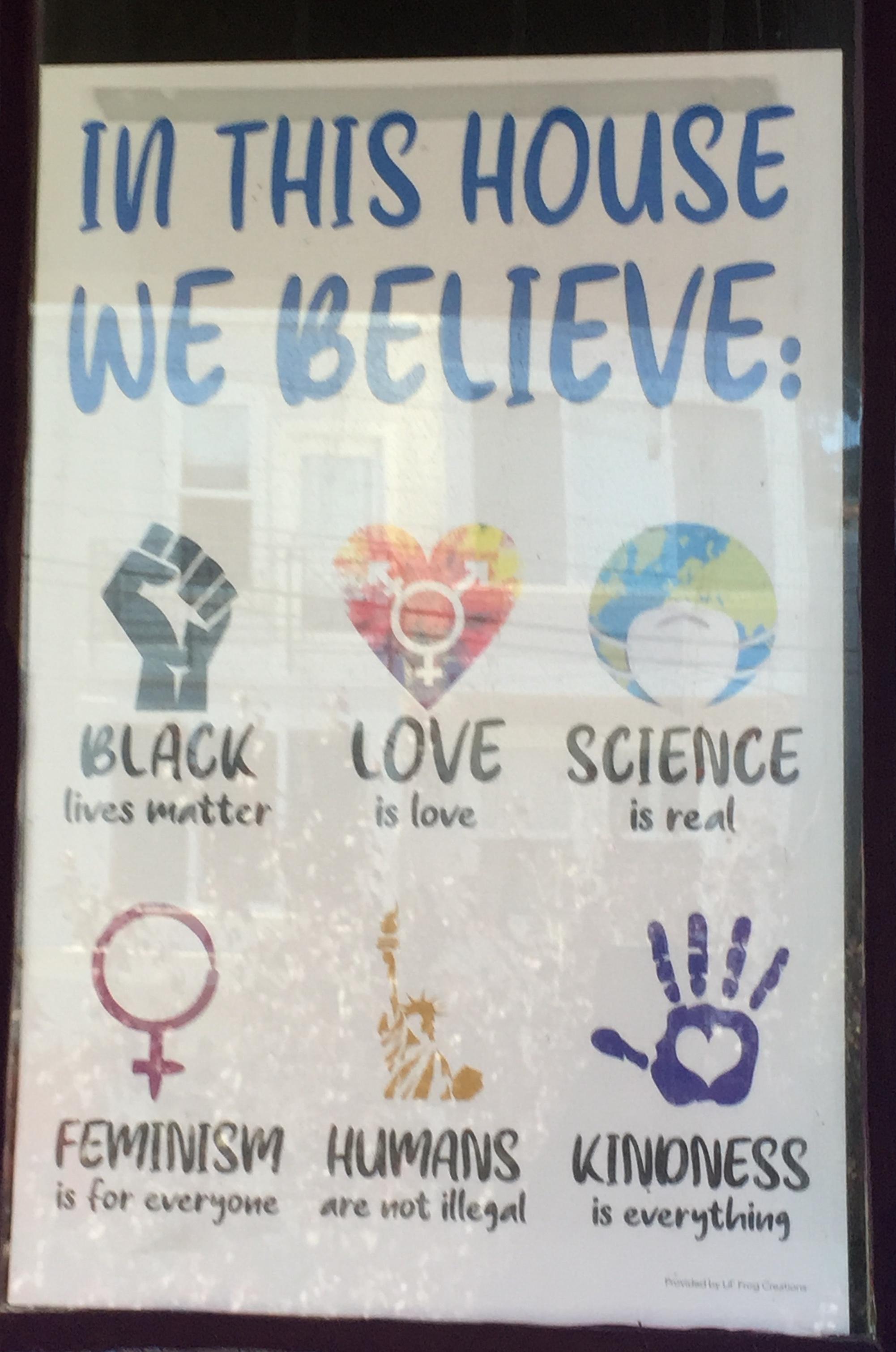

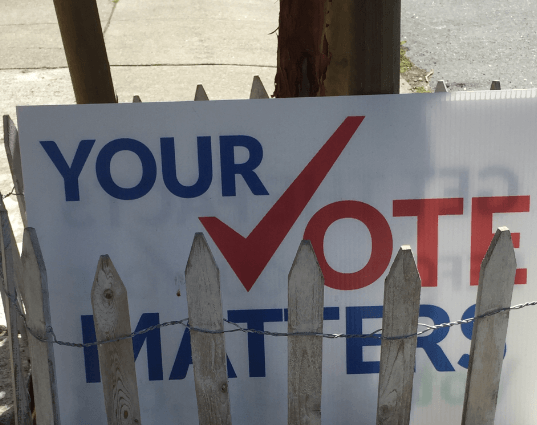
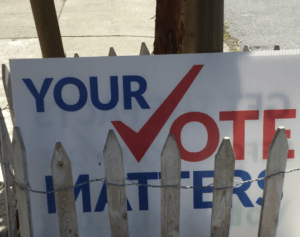 Philanthropy comes from the Greek and means love (philos) of humankind (anthropos).
Philanthropy comes from the Greek and means love (philos) of humankind (anthropos).